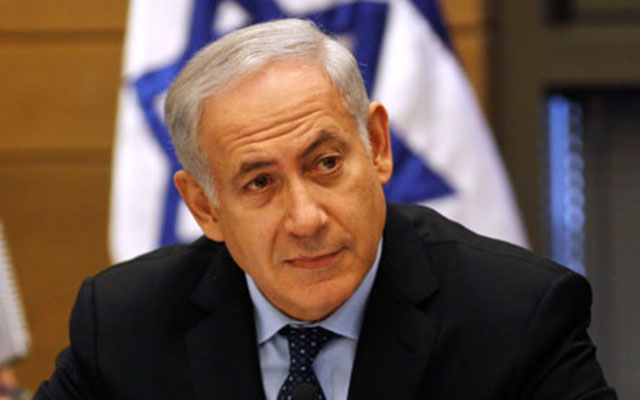Libyan militia press on
Initially these armed groups called for the adoption of a law to bar officials who served under Muammar Gaddafi from government and political posts.
Under intense pressure from the groups, the General National Congress voted through the law on Sunday.
But now some of these groups are pushing ahead with demonstrations and openly demanding the head of Prime Minister Ali Zeidan as well.
These militias say they are the “Thunar” (revolutionaries) who battled Gaddafi’s troops until the fall of his regime in October 2011.
But in reality, they are a motley mix of “armed fighters and civilians with varying political beliefs, motivated by personal ambition, even if their stated goal is to ‘correct the revolution’ they believe has been skewed by the presence of former Gaddafi collaborators in the administration,” said political analyst Issam Zubeir.
According to Mohammed al-Senussi, professor of international relations at Benghazi University, “These protesters have no base in the national public opinion.”
“Every time these militias take advantage of legitimate demands to resort to shows of force to impress and to make up for their declining influence over Libyan society,” he added.
After the end of the conflict in Libya in 2011, the former rebels were hailed as heroes for their part in ousting Gaddafi.
Also See..
- Libyan gunmen demand government quits
- Gunmen keep Libya’s foreign ministry under siege
- Counterfeit democracy
- Adviser to Libyan PM seized
Since then, however, they have formed militias with different ideologies and motivations, and today stand accused of many of the country’s ills, notably the instability that still plagues parts of the north African nation.
“These armed men are young people who made sacrifices during the war, but who found themselves marginalised at its end. They think they are the cast-offs of the Libyan revolution,” said Ibrahim al-Karaz, professor of political sciences at Tripoli University.
“They were disappointed by the new authorities who have failed to bring about their aspirations,” he added.
These armed groups received salaries and other perks from the transitional government, in addition to reportedly benefiting from smuggling and extortion with impunity.
The government regularly promises to be firm with “illegal militias,” but in practice it has avoided any use of force to “save lives,” it has said.
Politicians often manipulate these former rebels, although no political party or group has openly claimed responsibility for the armed protest movement.
But some observers and politicians have pointed the finger at the Muslim Brotherhood, which was behind the controversial exclusion law.
They have also sought to bar their rivals, particularly Mahmud Jibril, who heads the liberal National Forces Alliance that dominated the July 7 elections.
Jibril was an economic adviser to the Gaddafi government in its final years, before joining the revolution in 2011 and briefly serving as prime minister.
Zeidan, who is thought to be close to the liberals, recently accused certain figures who lost out in the last election of being behind the protest movement, without naming any names.
The former president of the National Transitional Council, Mustafa Abdel Jalil, has openly accused the “Muslim Brotherhood of wanting to control the country.”
“The only way out of this crisis for the authorities is to meet these men and talk to them to reach a compromise that takes their demands into account,” Karaz said.
Senussi, on the other hand, said a firm stand was necessary on the militias. He warned against making “concessions that could encourage other armed groups to use weapons to reach their goals.” – AFP.








Comments